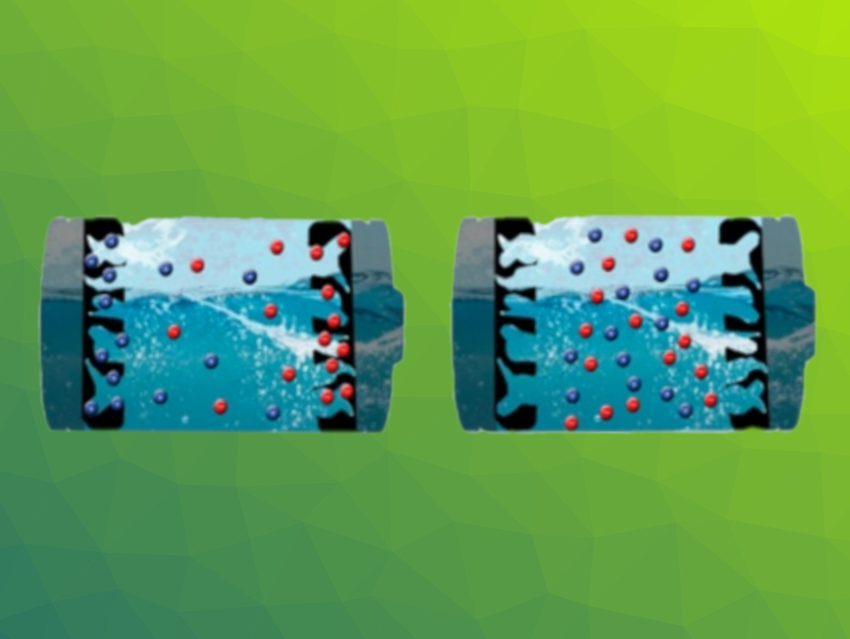Climate change and the demand for renewable energy have made high-capacity energy storage an interesting research target. Current energy storage technologies often use toxic and non-ecofriendly electrolytes, focusing on performance and not on sustainability. Biomass-derived polymers can be promising resources for the manufacturing of sustainable energy storage devices. Supercapacitors constitute an alternative to batteries that charge and discharge very quickly.
Larissa A. Santa-Cruz, Universidade Federal de Pernambuco, Recife, Brazil, Giovanna Machado, Centro de Tecnologias Estratégicas do Nordeste (CETENE), Recife, Brazil, and colleagues have developed a conductive gel biopolymer electrolyte for use in sustainable, high-power aqueous supercapacitors. The gel is based on saline water and seaweeds—red algae, in particular—as sustainable resources. The team used agar-agar, a mixture of polysaccharides that can form gels, extracted from red algae (Rhodophyta) and treated it with an NaOH solution to promote an increase in gel viscosity. The agar-agar gel served as the solid phase of the gel electrolyte, and an aqueous NaCl solution served as the liquid conductive phase.
The team found that supercapacitors with porous activated carbon electrodes using the developed gel biopolymer electrolyte showed a satisfactory energy density (0.736 Wh kg–1) and power density (230 W kg–1). The supercapacitors also achieved a long running time, reaching 3,500 cycles. The developed electrolyte is an environmentally friendly and low-cost option. These features could be useful for scale-up and for the development of the next generation of green energy storage devices.
- Gel biopolymer electrolytes based on saline water and seaweed to support the large‐scale production of sustainable supercapacitors,
Larissa A. Santa Cruz, Primaggio S. Mantovi, Lara F. Loguercio, Rhauane A. Galvão, Marcelo Navarro, Saulo T. A. Passos, Brenno A. D. Neto, Fabiele C. Tavares, Roberto M. Torresi, Giovanna Machado,
ChemSusChem 2023.
https://doi.org/10.1002/cssc.202300884




